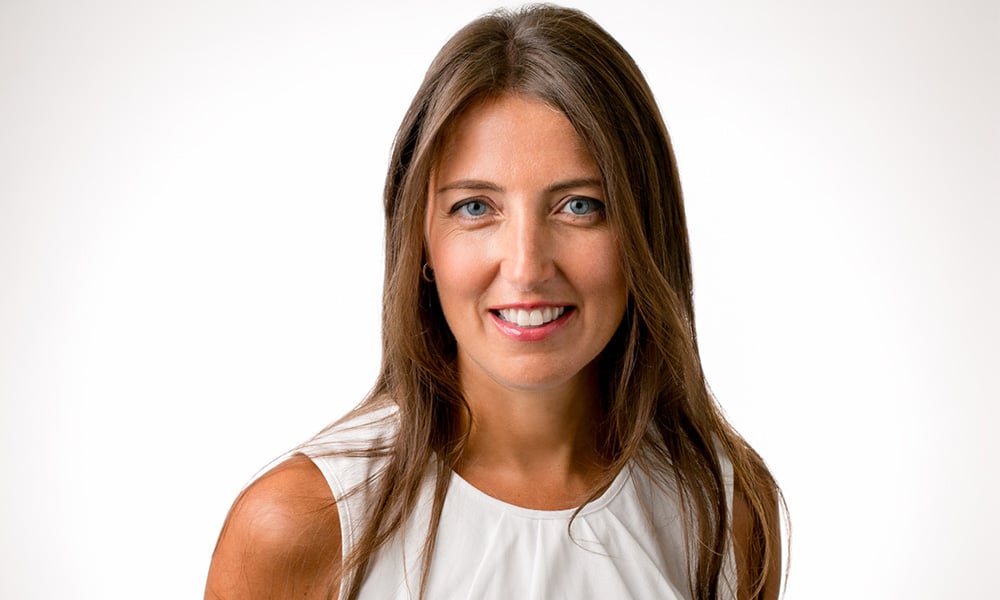BMO Private Wealth expert examines how an advisor can help meet the distinct needs of our most common household

Jennifer Muench is a Regional President in British Columbia for BMO Private Wealth. In this op-ed for WP, she looks at the financial needs of a growing number of Canada’s population – single and affluent.
Are you single? You’re not alone.
It’s a fact: Canada’s lowest-populated households are officially our most common for the first time in history.
According to the most recent census, single-person homes overtook couples with kids as the most common family unit – doubling over the last 35 years to represent a full 14 per cent of the population.
This is a growing and diverse group that has specific challenges as they manage their wealth and plan for the future. Some simply aren’t ready to settle down yet. Others are divorced or widowed, newly independent and plan to keep it that way. Meanwhile, for some, the single life is just what works for them. Whatever the situation, it’s clear there’s an increasing number of Canadians – potentially affluent ones – who live alone.
What singles do have in common with each other are a set of distinct financial needs. But they aren’t always getting the right kind of tailored service. Wealth advisors need to meet these clients where they are and help them plan — especially if they belong to the growing number of individuals who want to go it alone for the long haul.
It starts with recognizing that singles face heightened risks compared to other kinds of families, in particular:
Emergency planning
Planning for an emergency is twice as important for singles — literally. They can’t count on a second household income from a partner or spouse if the worst-case scenario strikes.
Singles in this situation should start with the basics, like an emergency savings fund. Setting aside three to six months of living expenses and keeping these savings fairly liquid will ensure your clients are prepared during periods of uncertainty. A Tax-Free Savings Account can be a good option for accumulating emergency savings.
Next on the contingency list is insurance – and lots of it. As unlikely as it sounds, the chances of becoming disabled for longer than 90 days are actually higher for younger people, according to Canada Life. That leads to vital questions for a financial advisor to ask: does your client have disability insurance? Critical illness and long-term care coverage? Insurance beyond what an employer might provide?
These back-ups are crucial for people with no second income in the mix — and can help maintain standard of living and independence. These funds can replace a portion of income or offset the cost of home care, treatments and other essentials. In the worst case, such insurance can cover funeral expenses or the payment of outstanding debt. The likelihood of qualifying for these products gets smaller as people age, so having this conversation with a client early is vital.
Goal planning
While single people have their own set of unique needs, some of the major milestones are the same.
Owning property, as one example, can bring security and help an individual grow their net worth over time. Make sure your client has budgeted for not just the mortgage assessment, but legal fees and closing costs on top of property taxes, insurance and general maintenance. Also make sure they haven’t neglected the value of a safe neighbourhood, particularly for singles who are among higher risk demographics.
Also remember that parenthood represents a common goal for many singles. Planning for loss of income during parental leave, child-care costs, education savings, as well as guardian planning and updating life insurance policies, is especially important.
Retirement planning must be an early priority. Single clients often devote a larger amount of their income to here-and-now living expenses compared to their coupled-up counterparts, leaving less available for savings. Make sure you get your clients into an RRSP as soon as possible.
Estate planning
Singles – particularly younger ones – won’t have estate planning in mind as much as others. But estate planning is particularly important for those for whom next of kin is unclear. Having a will – including a living will – not only protects a person’s wishes upon death, but also if they are incapacitated and cannot advocate for themselves. A will also provides control over who administers an estate and how it will be distributed. Likewise, an End of Life Directive outlines preferences for health and medical care needs if a client can’t communicate those wishes.
Lastly, make sure your clients are careful in storing these records and that their executor knows where they can be found.
Whether they are just starting out, widowed, divorced or are content with living alone, single clients have distinct needs that require a distinct approach. Helping to plan early for the expected and unexpected is one of the most important things we can do for them. Understanding their specific needs as individuals, regardless of lifestyle or circumstance, is one of the most important things we can do. BMO Private Wealth’s full-service team is here to help with just that.



